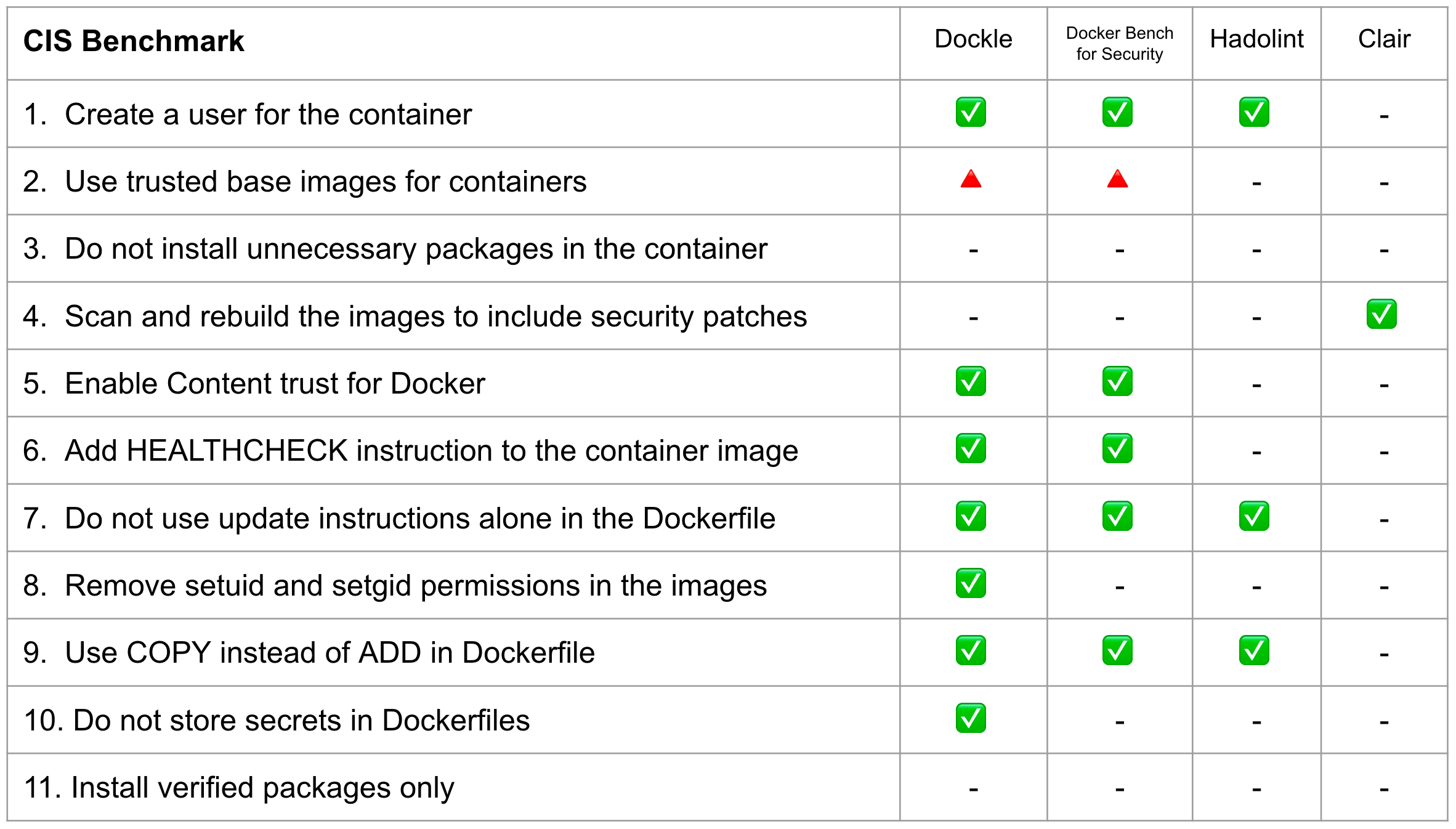

Cis benchmark server hardening software#
These benchmarks focus on email privacy and server settings, mobile device management, default browser settings, and third-party software blocking. Server hardening for CIS benchmark WebWe recently released new CIS Benchmarks for both Microsoft Windows Server 2019 and Red Hat Enterprise Linux 8.

The default configuration of Ubuntu LTS releases, as provided by. Desktop software benchmarks cover security configurations for some of the most commonly used desktop software applications, including Microsoft Office and Exchange Server, Google Chrome, Mozilla Firefox, and Safari Browser. Hardening involves a tradeoff between security and usability.Network device benchmarks offer general and vendor-specific security configuration guidelines for network devices and applicable hardware from Cisco, Palo Alto Networks, Juniper, and others.Mobile device benchmarks address mobile operating systems, including iOS and Android, and focus on areas such as developer options and settings, OS privacy configurations, browser settings, and app permissions.Securely pre-configured virtual machine images are available to deploy immediately from the major cloud provider marketplaces.

They include guidelines for configuring identity and access management (IAM), system logging protocols, network configurations, and regulatory compliance safeguards. CIS Hardened Images bring the globally recognized secure configuration recommendations of the CIS Benchmarks to the cloud.
Cis benchmark server hardening driver#
These include best-practice guidelines for local and remote access restrictions, user profiles, driver installation protocols, and internet browser configurations. Operating systems benchmarks cover security configurations of core operating systems, such as Microsoft Windows, Linux, and Apple OSX.There are seven (7) core categories of CIS Benchmarks: CIS Benchmark Level 1, Level 2 Linux OS Hardening: CIS Benchmarks DEVOPS DONE RIGHT CIS Hardened Images Platforms WebUse with -set-hardening-level. Level 2 benchmark profiles are intended for high-security environments and require more coordination and planning to implement with minimal business disruption. Level 1 benchmark profiles cover base-level configurations that are easier to implement and have minimal impact on business functionality. Each CIS Benchmark includes multiple configuration recommendations based on one of two profile levels.


 0 kommentar(er)
0 kommentar(er)
